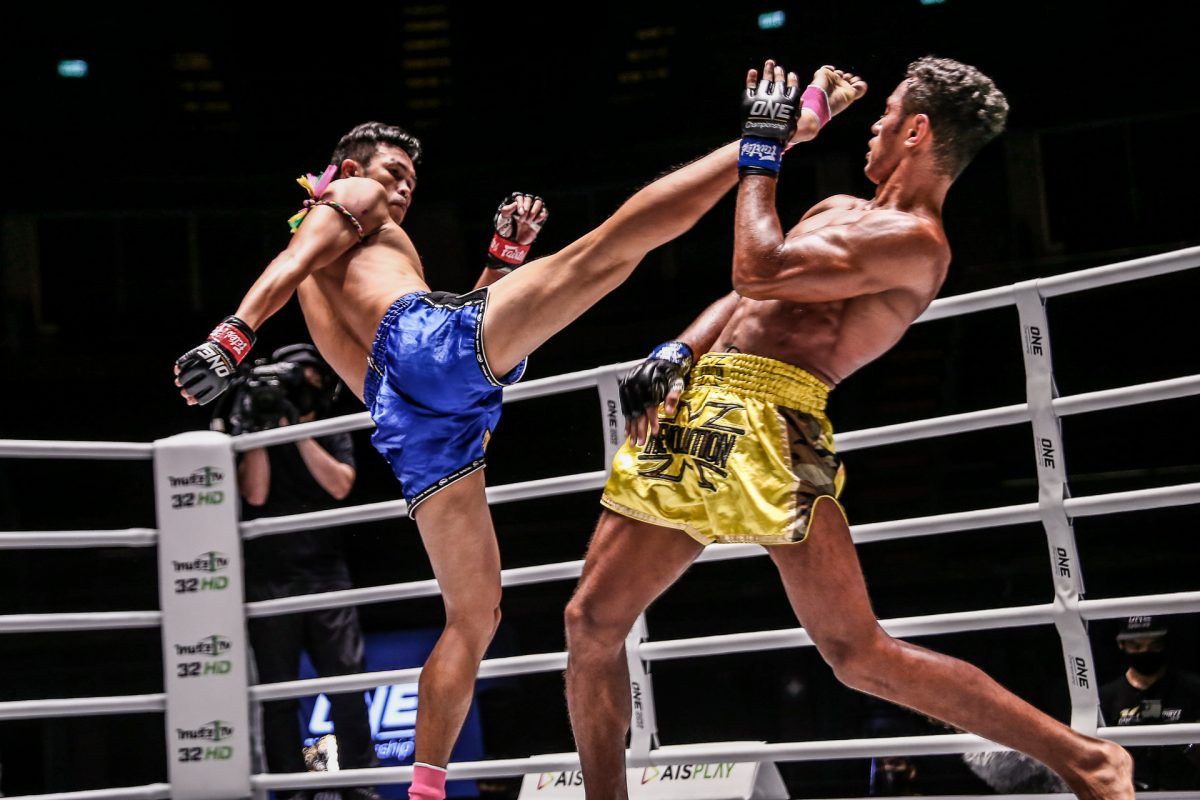
Balancing work and fitness is a challenge for digital nomads. Muay Thai offers a structured way to stay active while traveling. It provides physical conditioning, mental discipline, and cultural immersion. Finding the right training spots and maintaining consistency are key to making progress on the move.
Why Muay Thai Suits Digital Nomads
Muay Thai is accessible, intense, and adaptable to different schedules. Many training camps welcome short-term visitors, making it easy for travelers to join. Sessions are available at various times, allowing flexibility for work commitments.
The sport requires minimal equipment. Gloves and wraps are often provided at gyms, so carrying gear is not necessary. This convenience makes Muay Thai a practical fitness choice for those constantly on the road.
Finding the Right Training Camp
Choosing the right gym depends on location, schedule, and experience level. Some camps focus on beginners, while others cater to professional fighters. Researching facilities, trainers, and class structures helps in selecting a suitable option.
A gym in Koh Phangan may offer different training styles compared to a city-based gym. Island camps often emphasize outdoor conditioning, while urban gyms provide structured classes. Finding the right fit enhances the training experience.
Balancing Training with Work
Digital nomads need a routine that accommodates both training and work. Morning and evening sessions provide flexibility, allowing time for productivity during the day. Many training camps have Wi-Fi and communal areas, making it possible to work between sessions.
Short but consistent training is effective. A structured plan with three to five sessions per week helps build skill and endurance without disrupting work commitments. Adjusting intensity based on workload prevents burnout.
The Cultural Experience of Muay Thai
Training is not just about fitness; it is also an introduction to Thai culture. Muay Thai has deep historical roots and follows traditional customs. Observing rituals, respecting trainers, and embracing discipline are integral parts of the experience.
Many travelers train in Thailand to gain authentic exposure to the sport. A Muay Thai Phangan camp, for example, provides both training and cultural immersion. Practicing in a local setting offers insights beyond technique, enriching the overall journey.
Maintaining Consistency While Traveling
Switching locations can disrupt training progress. Finding gyms in advance and scheduling sessions help maintain momentum. Setting realistic goals, such as improving endurance or refining technique, keeps motivation high.
Staying active outside the gym also contributes to consistency. Running, bodyweight exercises, and shadowboxing maintain fitness levels between training sessions. Prioritizing movement prevents setbacks while traveling.
Conclusion
Muay Thai offers digital nomads a way to stay fit while embracing Thai culture. It provides structure, discipline, and adaptability, making it an ideal choice for travelers. With the right approach, it is possible to balance training and work without compromising either. Please feel free to share your insights regarding the discussion below in the comment box. This will help others to gain more and more insights.




Leave a Reply